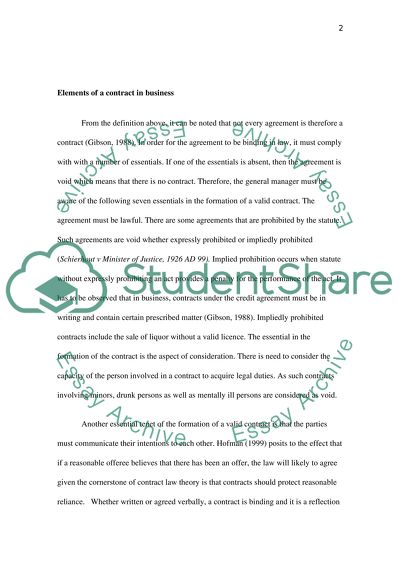Cite this document
(Report of a Legal Services Officer at Budgburys Ltd Coursework, n.d.)
Report of a Legal Services Officer at Budgburys Ltd Coursework. Retrieved from https://studentshare.org/law/1436173-aspect-of-contract-and-tort-in-business
Report of a Legal Services Officer at Budgburys Ltd Coursework. Retrieved from https://studentshare.org/law/1436173-aspect-of-contract-and-tort-in-business
(Report of a Legal Services Officer at Budgburys Ltd Coursework)
Report of a Legal Services Officer at Budgburys Ltd Coursework. https://studentshare.org/law/1436173-aspect-of-contract-and-tort-in-business.
Report of a Legal Services Officer at Budgburys Ltd Coursework. https://studentshare.org/law/1436173-aspect-of-contract-and-tort-in-business.
“Report of a Legal Services Officer at Budgburys Ltd Coursework”, n.d. https://studentshare.org/law/1436173-aspect-of-contract-and-tort-in-business.


